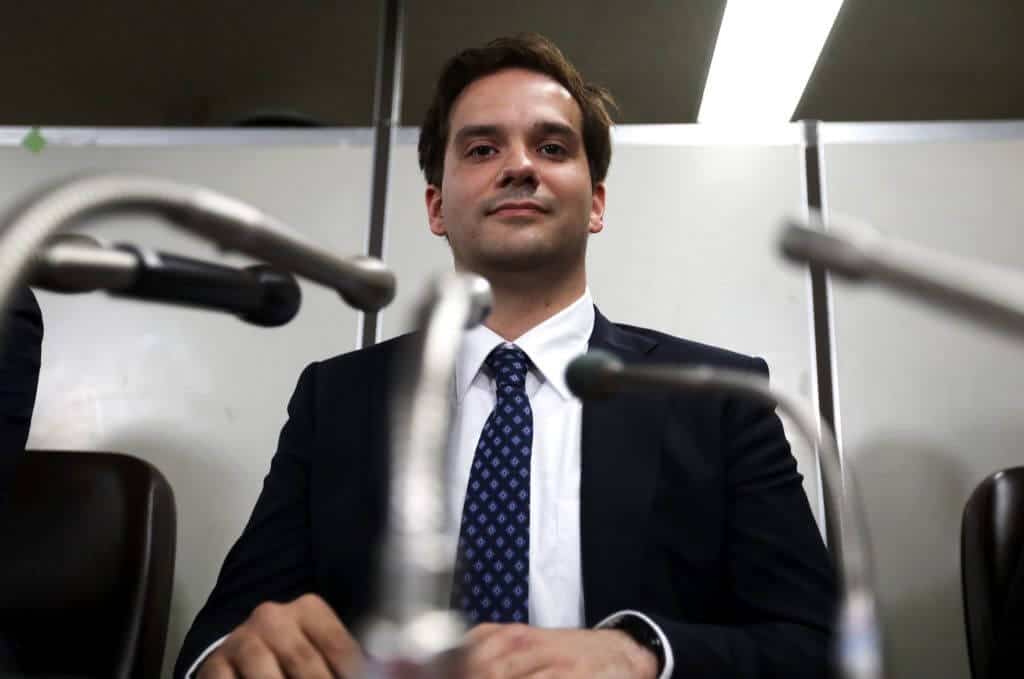Join Our Telegram channel to stay up to date on breaking news coverage
Mark Karpeles, the chief executive of now-defunct cryptocurrency exchange Mt. Gox, is fighting back against his accusers, in what is a dew development on one of the most dragged out legal battles in the history of the crypto space.
Earlier this week, the former CEO issued a response to one of his accusers – Gregory Greene, one of the exchange’s customers. In his response, he accused Greene of altering some of the facts of the case. He also called Greene’s motion to continue the case into question.
No Evidence to Support His Case
In his filing, Karpeles asserted that the case brought against him should be thrown out of court, as the plaintiff had included a host of new allegations to support his claim that the exchange misled him concerning the safety of his cryptocurrencies.
“The issue for the court is very straightforward: can plaintiff Gregory Greene pursue completely different and new factual theories for a common-law fraud claim than what he pled in the operative complaint?” he asked in part.
His suit further explained that Greene was looking to carry out an activity that the court frowns against – changing the underlying basis for his fraud case in the wake of a summary judgment suit that Karpeles filed earlier. On these grounds, Karpeles drove his point home that Greene doesn’t have a credible standing, and his case should immediately be thrown out.
Greene is actually the last plaintiff in what used to be a class-action suit against Mt. Gox and Karpeles after the exchange shut down due to a loss of funds. Over time, however, plaintiffs voluntarily dropped two other claims against Karpeles, leaving Greene and his allegations of common law fraud as the only battle Karpeles has left to fight.
Long Legal History
Greene initially filed a suit against the exchange in February 2014, adding three other amended suits in March 2014, April 2015, and March 2017. In his fourth amended suit, Greene alleged that Karpeles had converted customer Bitcoins into his personal account, while also skirting his duties as the exchange’s chief executive – violating the Illinois Consumer Fraud and Deceptive Business Practices Act (ICFA) in the process.
Earlier this year, however, Karpeles began his campaign to get the last case tossed out and move on from the backlash that he has suffered as a result of being affiliated with the exchange. In January, Karpeles filed with the Illinois Northern District Court, explaining that Karpeles had been unable to prove that he did anything wrong in the run-up to Mt. Gox’s dissolution.
In the latest filing, however, the former CEO added that Greene’s claim is based on the terms of service that the former exchange never operated by at the time the plaintiff opened his account there. He added that Greene had also failed to identify the “half-truths” and misleading comments that he and Mt. Gox had made, and he could also not demonstrate that the exchange had violated any of its terms of service by not disclosing any of the fundamental issues that its platform had at the time.
Karpeles also added that the testimony from Greene’s expert witness should be excluded from the record, as the witness’s testimony was given in response to the plaintiff’s adjusted claims – not those that he had initially laid out in his complaint.
Join Our Telegram channel to stay up to date on breaking news coverage


